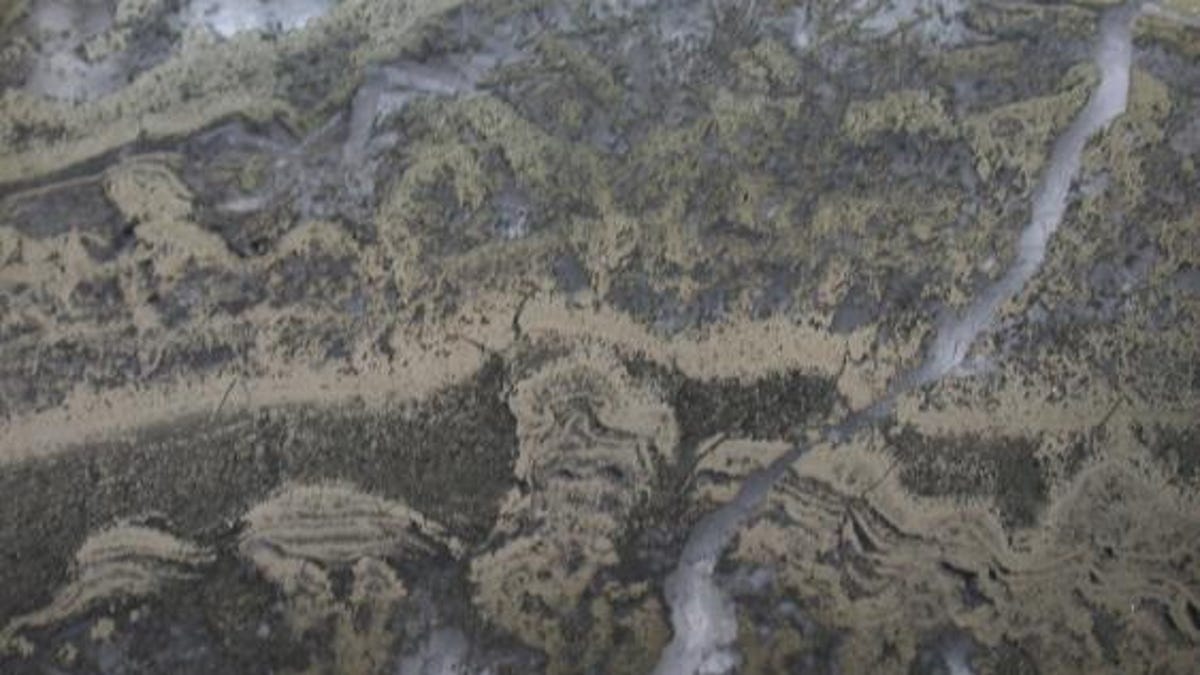Scientists find the earliest signs of life from 3.5 billion years ago
Organic matter has been found in fossils in Australia.

Stromatolites were found to contain organic matter from 3.5 billion years ago.
Scientists have discovered microbial remains in rocks that are 3.5 billion years old, showcasing some of the earliest signs of life on the planet. The organic matter was discovered in stromatolites, Earth's oldest fossils, in the Pilbara region in Western Australia, scientists at the University of New South Wales said on Thursday.
Though the stromatolites were found in the 1980s, scientists have only now been able to prove they're microbial.
"For the first time, we're able to show the world that these stromatolites are definitive evidence for the earliest life on Earth," lead researcher Raphael Baumgartner said.
To examine the rock scientists took drill core samples, which wouldn't be weathered. They examined the samples using high-powered electron microscopy, spectroscopy and isotope analysis. Baumgartner found that the stromatolites are made of pyrite, which contains "exceptionally preserved" organic matter.
The stromatolites, found in the Dresser Formation, are not only clues of how life formed, but also where life could exist on Mars.
"Understanding where life could have emerged is really important in order to understand our ancestry," Baumgartner said. "From there, it could help us understand where else life could have occurred -- for example, where it was kick-started on other planets."
Scientists heading up the Mars 2020 missions at NASA and the European Space Agency have this week been studying the rocks in the Pilbara.
"Australia's ancient rocks and our scientific know-how is making such a significant contribution to our search for extraterrestrial life and unlocking the secrets of Mars," added Martin Van Kranendonk, a professor at the University of New South Wales.
The findings were published in Geology.

